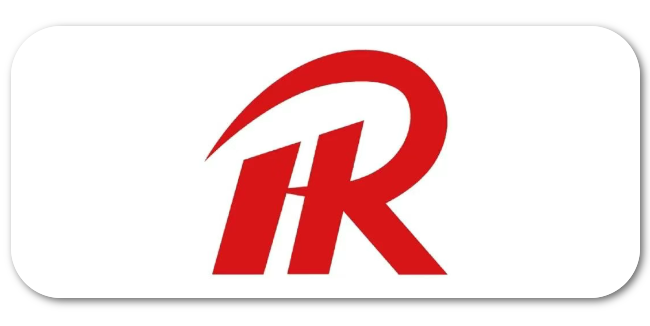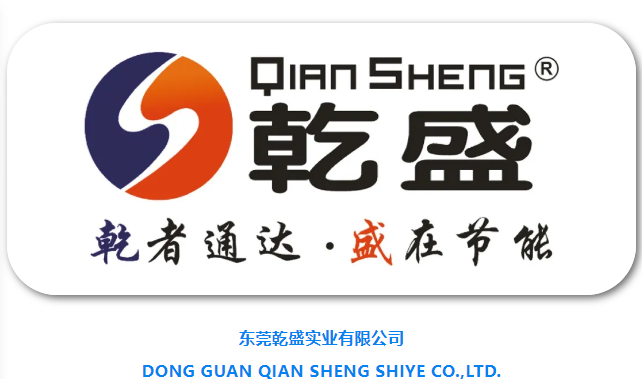
After conducting business through computer screens for the past two years due to the COVID-19 pandemic, the Ozone Officers of the Asia and Pacific countries were enthusiastic to meet in-person for the first time in Bangkok, Thailand from 17-19 July at the Joint Meeting of the South Asia (SA), Southeast Asia (SEA) and Pacific Island Countries (PIC) Networks of National Ozone Officers. The meeting was organized by UNEP’s OzonAction Asia-Pacific Compliance Assistance Programme (CAP) team with financial support from the Montreal Protocol’s Multilateral Fund, and it was held back-to-back with the 44th Open-Ended Working Group (OEWG44) and the 5th Extraordinary Meeting of the Parties to the Montreal Protocol (ExMOP5).
Resuming the in-person Joint Network Meeting was warmly welcomed by both the network member countries and their international partners. All participants continued to respect the COVID-19 guidelines of the host country and although they had to conduct their business behind masks, their smiles, commitment, and energy for their common mission were quite apparent. Twenty-six (26) countries participated physically, eight joined virtually, while five other countries attended both physically and virtually. In total 100 participants (female 56, male 44) comprising Ozone Officers from the Asia-Pacific region, representatives from developed countries partners, i.e. Australia, Japan and Sweden, the Ozone Secretariat, the Multilateral Fund Secretariat (MFS), the Senior Monitoring and Evaluation Officer of the Multilateral Fund, the United Nations Development Programme (UNDP), the United Nations Industrial Development Organization (UNIDO), and the World Bank.
Mr. Jim Curlin, Head of UNEP OzonAction said, “This event – the first physical Regional Network meeting that UNEP has organized since the start of the pandemic – not only provided an opportunity for everyone to interact face-to-face after a long hiatus. It also demonstrated the resilience and results-based approach of the National Ozone Officers in the face of challenging times. The high quality of the discourse during the meeting proved that the countries of the Asia-Pacific Regional Networks continue to march forward with dedication to meet their compliance objectives with the Montreal Protocol. They are all inspiring examples of how members of this multilateral agreement can adapt and work creatively to deliver on their commitments.”
The plenary sessions of the Joint Network Meeting were preceded by three breakout sessions for each Regional Network to reconnect with one another and share their experience and challenges during the pandemic period. At the plenary sessions, updates were presented by the Ozone Secretariat and Multilateral Fund Secretariat on discussions and policy outcomes of meetings, and policy papers that were being discussed as well as the planning programme for the evaluation of activities for the regional networks, respectively.
The plenary sessions offered opportunities for SA, SEA and PIC network countries to be updated on the conclusions from the OEWG44 and the decisions taken at ExMOP5, the 89th and 90th Executive Committee (ExCom) Meetings. Participants contributed to brainstorming on policy and technical options in sustaining the hydrochlorofluorocarbon (HCFC) phase-out, establishing a hydrofluorocarbon (HFC) quota allocation system following the experiences and best practices shared by Japan, Sweden and Thailand on the HFC quota allocation approaches, and the preparation of the Kigali HFC Implementation Plans (KIPs) from both countries and implementing agencies’ perspectives in the panel discussion. General issues on mainstreaming gender into the Montreal Protocol implementation, and opportunities to consider the energy efficiency issues during HCFC phaseout/HFC phasedown, were also covered.
The Asia-Pacific CAP team presented a series of regional public materials that were developed in collaboration with the National Ozone Unit of Indonesia and offered the networks with support on translation, if required, to local languages that could potentially reach out and raise awareness to wider local networks and partners on issues related to the Montreal Protocol. Countries also discussed the next steps for the Asia Pacific Regional Ozone2Climate Art Contest and committed to promoting popular voting as the final push for the regional contest which remains open until 31 August 2022.
The Networks also agreed to have another similar meeting before the next Meeting of the Parties and scheduled it from 31 October to 4 November 2022 to further discuss the challenges and options for the Montreal Protocol implementation. In the first half of 2023, the countries hope to hold a thematic workshop to address the challenges and needs identified.
The Joint Network Meeting was organized by UNEP OzonAction in Asia-Pacific as one of its approved work plan activities for the year 2022 and under the mandate of the Multilateral Fund for the Implementation of the Montreal Protocol.






















